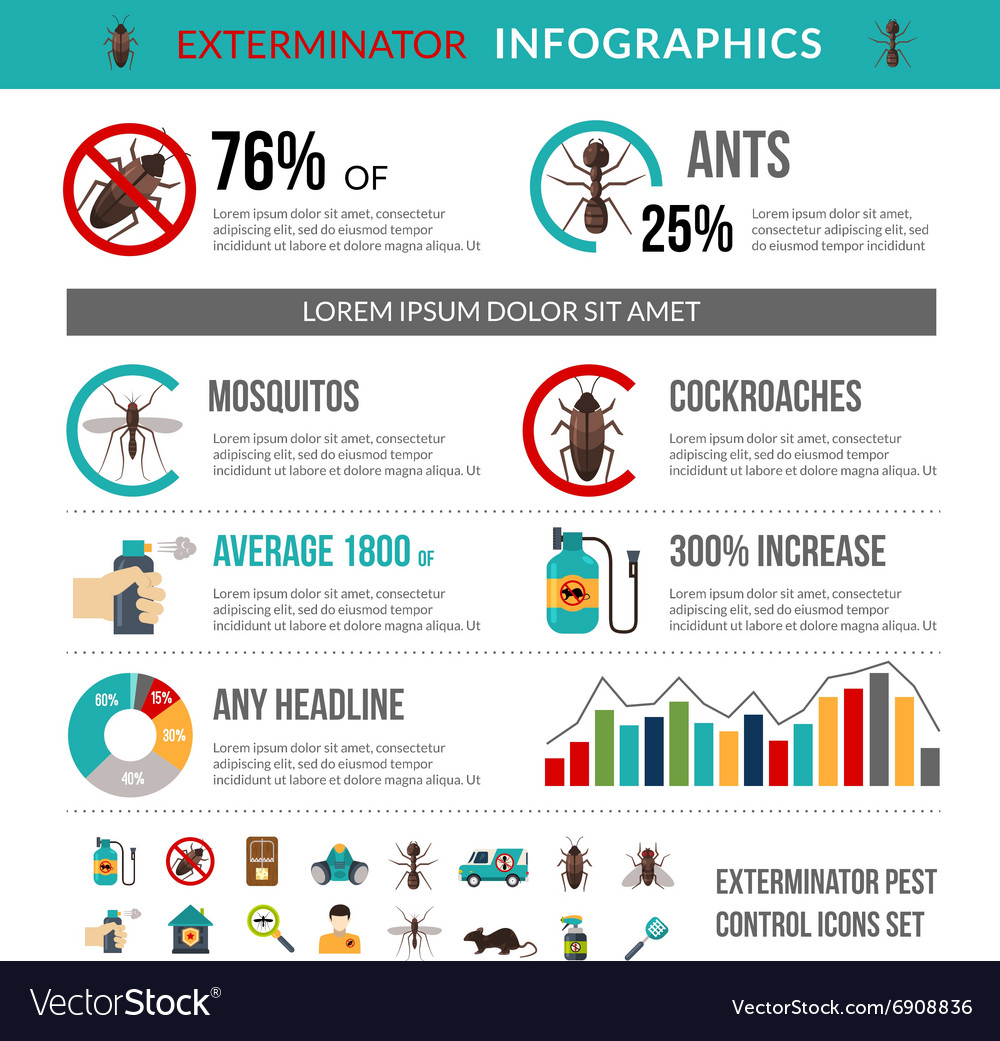Lasting Solutions For Insect Management: An Eco-Friendly Overview
Lasting Solutions For Insect Management: An Eco-Friendly Overview
Blog Article
Article Composed By-Albright McBride
They say 'avoidance is much better than treatment,' and this saying holds true when it involves pest control. You may know the value of keeping your home or business free from pests, however have you ever before considered the environmental effect of the methods made use of to achieve this?
In this conversation, we will check out the various parasite control methods offered and their possible impacts on the atmosphere. From using chemical pesticides to all-natural bug control techniques and lasting methods like incorporated parasite administration, there is much to find out about the selections we make and their effect on the world around us.
So, bend up and prepare to reveal the fact behind parasite control methods and their environmental repercussions.
Chemical Pesticides and Their Environmental Effect
Chemical chemicals have a considerable environmental influence, which can be much better comprehended by examining their usage and impacts.
When termite and pest utilize chemical pesticides to manage insects, they can end up hurting not just the targeted insects yet also helpful pests, birds, and other pets. These pesticides commonly remain in the setting, polluting soil, water, and air. They can additionally build up in the food cycle, posturing a threat to human health.
In addition, chemical pesticides can disrupt environments by exterminating natural predators of parasites, causing a discrepancy in the community. Additionally, some pesticides have been linked to the decrease of pollinators like bees, which are essential for plant recreation.
It is very important to take into consideration these ecological effects when taking into consideration parasite control techniques.
Natural Pest Control Methods and Their Eco-Friendliness
All-natural pest control techniques offer an eco-friendly alternative to chemical pesticides. By using natural ingredients and techniques, you can effectively manage insects while reducing injury to the setting. Below are find more approaches to consider:
1. Organic control: Present natural predators, such as ladybugs or nematodes, to control pest populations naturally.
2. Physical barriers: Use nets, screens, or row covers to physically stop insects from reaching your plants.
3. Friend planting: Expand pest-repelling plants along with your crops to discourage insects naturally. As an example, growing marigolds can push back aphids and various other pests.
4. Home made remedies: Create do it yourself bug control options making use of active ingredients like vinegar, cooking soda, or vital oils. These natural remedies can aid repel parasites without damaging chemicals.
Integrated Parasite Management: A Lasting Technique
To effectively manage parasite populaces while decreasing injury to the environment, take into consideration adopting an incorporated pest management strategy, which concentrates on sustainable practices.
Integrated Parasite Management (IPM) is a holistic technique that incorporates different parasite control approaches to accomplish long-lasting insect monitoring goals. It aims to decrease the use of chemical pesticides and rather stresses prevention, tracking, and making use of non-chemical controls.
By integrating multiple methods, such as biological control, cultural techniques, and mechanical techniques, IPM supplies a reliable and lasting service for insect control.
This strategy not only minimizes the adverse influence on the atmosphere however likewise advertises the overall health and wellness of environments.
Verdict
So, currently you understand the ins and outs of bug control methods and their effect on the atmosphere.
From the unsafe results of chemical pesticides to the eco-friendliness of all-natural parasite control techniques, it's clear that we need to prioritize sustainable methods like incorporated parasite management.
Much like a fragile community, locating the ideal balance is vital for maintaining our environment and maintaining insects away.
